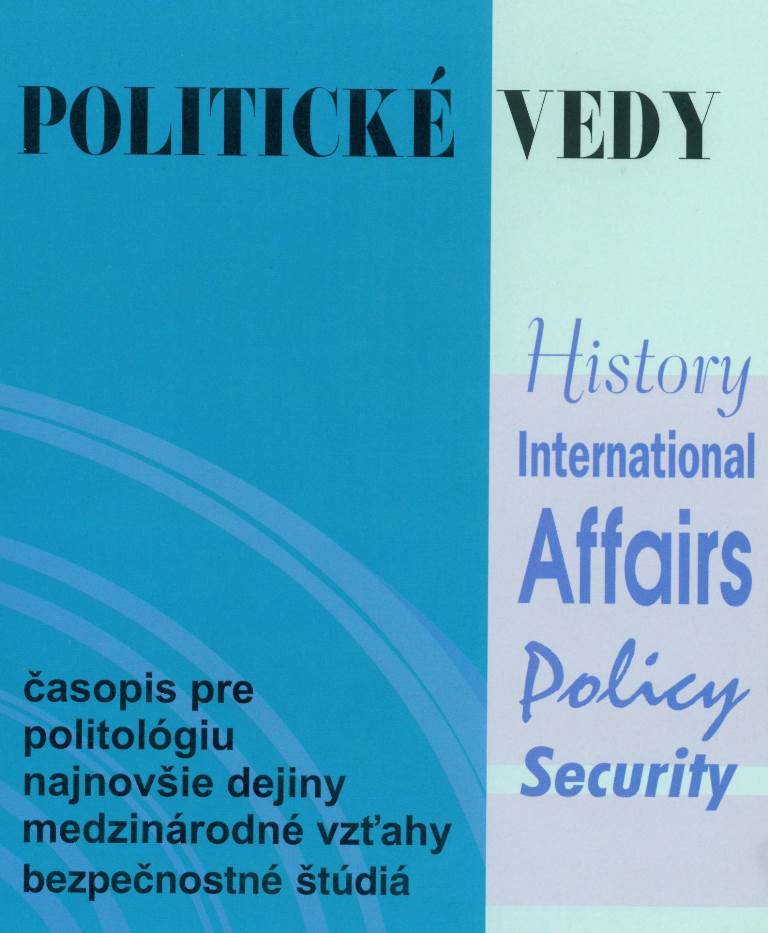Bosnia and Herzegovina at 26: Probing the Country’s “Stabilitocracy” Through the Case of David Dragičević
Bosnia and Herzegovina at 26: Probing the Country’s “Stabilitocracy” Through the Case of David Dragičević
Author(s): Michaela UlbrichtováSubject(s): Politics, Political Theory, Political Sciences
Published by: Univerzita Mateja Bela
Keywords: Peacebuilding;Bosnia and Herzegovina;European Union;“Stabilitocracy”;International Community;Civil Society;Public Protests;Dayton Peace Agreement
Summary/Abstract: The more than a quarter century-long engagement of the International Community (IC) and European Union (EU) in Bosnia and Herzegovina (BiH) has contributed to the rise of “‘stabilitocracy’, that is, weak democracies with autocratically minded leaders, who govern through informal, patronage networks and claim to provide pro-Western stability” (Belloni, 2020, p. 236, BiEPAG, 2017, Bieber, 2018, Bieber 2020, Börzel and Grimm, 2018, Cvijic, 2020, Pavlović, 2017) in the Western Balkan region in general and BiH in particular. This article aims to further examine the stabilitocratic argument and its potentially destabilizing implications in terms of the EU/IC’s practices in BiH while focusing on their reaction to the recent still under-researched 2018 civic protests and bottom-up mobilization triggered by the violent death of young student David Dragičević. As such, this study sheds the light on the ongoing dynamics of the interplay between the EU/IC and the BiH’s ethnonationalist political leaders, as well as analyses the implications of this relationship on the daily reality of BiH citizens in reference to the 2018 mass public protests and investigation of David Dragičević’s case. Additionally, the insights presented in this article are based on analysis of the primary data obtained from the three rounds of thirty-seven semi-structured interviews that took place in various cities in BiH in the period between September 2020 and August 2021, and also on an examination of the secondary sources associated with the EU/IC’s peacebuilding activities in BiH. Overall, on the basis of the findings presented in the article, the continuation of the stabilitocratic path by the EU/IC could not only lead to additional loss of credibility for external actors’ activities in BiH, but could also negatively influence the demanded stability within this country.
Journal: Politické vedy
- Issue Year: 25/2022
- Issue No: 4
- Page Range: 181-212
- Page Count: 32
- Language: English

